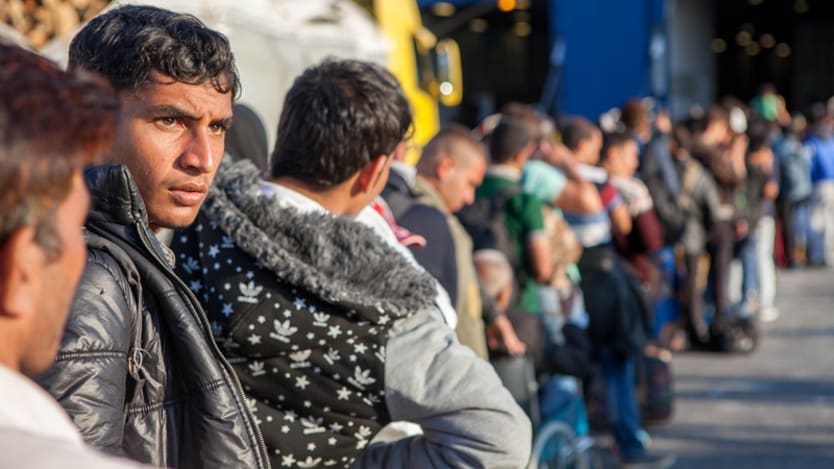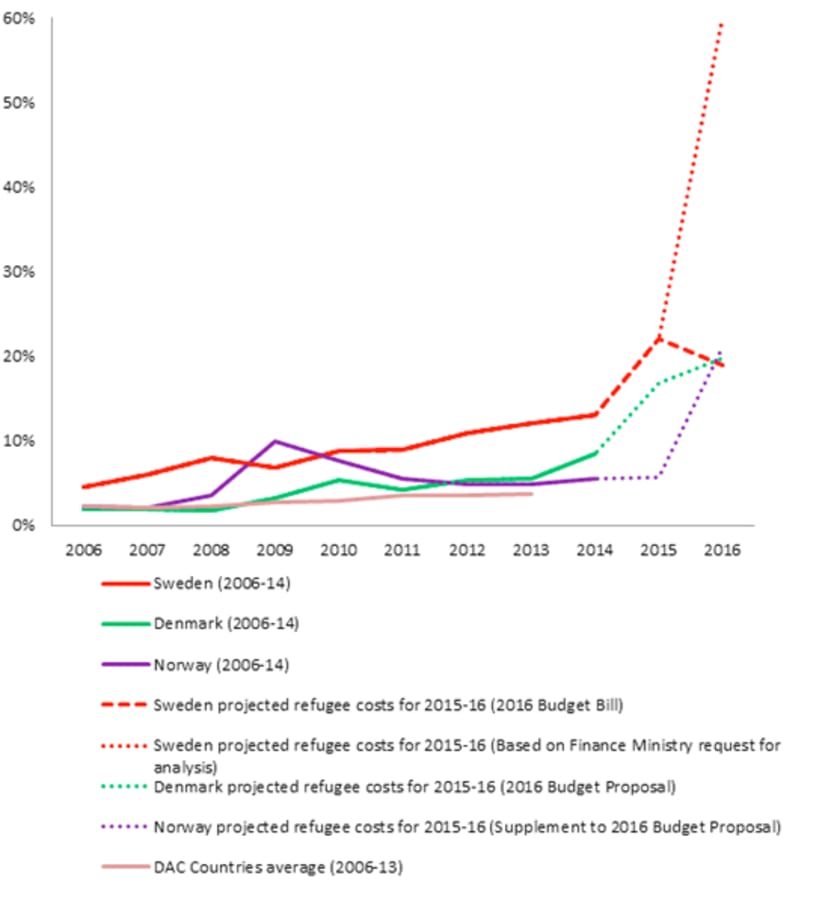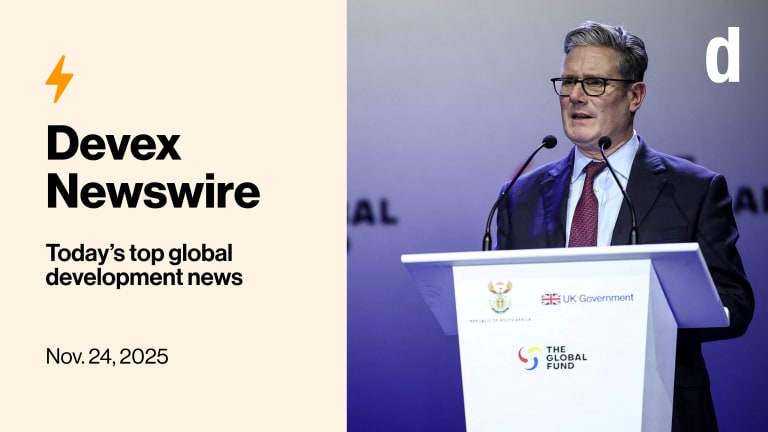
European Union member states are meeting in Valletta, Malta, this week to discuss migration issues with African and other partner countries. At the ONE Campaign, we have been proud to work with our colleagues at Save the Children to convey the message that refugees need protection and support within Europe. The necessary funds to support people arriving from war-torn countries and ravaged homes must be found — and fast — to ensure their needs are met and their rights respected under international law.
But it must not be the world’s poorest that foot the bill — in fact now is precisely the time that governments should recognize the need to prioritize, not divert, international aid. Those countries not yet meeting their international aid target must increase development spending toward 0.7 percent of their gross national income as a matter of urgency, to tackle poverty and humanitarian needs in developing countries.
For the first time, the most egregious threats to aid for the world’s poorest are in the north of Europe. Governments that have traditionally been the leading “northern lights of development” are now considering delving deeply into their aid budgets to cover rising refugee costs at home. Their desire to care and provide for the refugees should be applauded — but not at the expense of the poorest and most vulnerable that are not on our shores.
Diverting official development assistance
Norway diverting aid to cover refugees: Robbing Peter to pay Paul?
Norway joins its neighbors in a trend that could see Europe become one of the largest recipients of European foreign aid, and potentially signal an end to "Nordic exceptionalism." We take a closer look at the issue.
Sweden was one of the first countries in the world to meet the United Nations target of investing 0.7 percent of GNI on aid and currently invests more than 1 percent. Today’s announcement that the government will borrow an additional 11 billion Swedish kronor ($1.27 billion) to cover refugee costs in 2015 and 2016, subject to parliamentary approval, is welcome, but it falls short of the 29 billion kronor ($3.35 billion) estimated will be needed next year alone. Sweden’s aid budget is still under threat, with government negotiations ongoing to divert up to 60 percent away from the poorest countries to spend at home on refugee costs.
Its neighbor, Norway, usually among those at the top of the class with 0.98 percent of GNI, is also considering making a bigger proportion of aid available for internal refugee costs. The government recently proposed spending up to 21 percent of its aid budget on refugees in Norway and cutting its long-term development aid for the poorest countries by a massive 18 percent.
And they’re not alone. The Danish government, another development leader, has proposed cutting aid by 2.9 billion Danish krone ($416 million) in 2016, while increasing the proportion of aid it spends on refugee costs at home to 20 percent (up from 9 percent in 2014).
These solutions for resourcing the refugee crisis are shortsighted and threaten the global goals to end extreme poverty by 2030 that world leaders signed up to at the U.N. General Assembly in September.
Slashing aid programs in poor countries to fund domestic refugee costs is both ethically and strategically wrong. The additional money that Sweden is considering diverting would be the equivalent of immunizing more than 32 million children against seven deadly diseases, distributing nearly 70 million insecticide-treated bed nets against malaria, and providing a year’s worth of treatment for nearly 7 million people living with HIV/AIDS. Such cuts would significantly hamper development progress achieved through past aid investments.

Strong leadership needed
The political will can be found to support refugees while continuing to invest in global development — as it was on Sept. 26 in New York when European Commission Vice President Frans Timmermans committed that the Commission’s 500 million euros ($536 million) trust fund for refugees would be “extra money” and “additional to existing development funds.” This is exactly the kind of leadership and flexibility the current situation needs.
It would be a sad irony if, just weeks before the start of 2016 and at the dawn of a new era of the global goals, the leading northern lights of aid, policy and development partnerships gut their aid budgets, forcing a deadly trade-off between supporting refugees and investing in the world’s poorest. They can — and must — do both.
Join the Devex community and access more in-depth analysis, breaking news and business advice — and a host of other services — on international development, humanitarian aid and global health.








